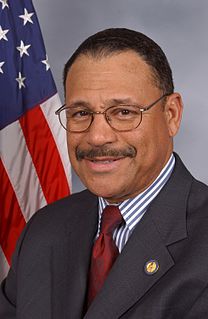A Quote by William J. Brennan
The concept of military necessity is seductively broad, and has a dangerous plasticity. Because they invariably have the visage of overriding importance, there is always a temptation to invoke security "necessities" to justify an encroachment upon civil liberties. For that reason, the military-security argument must be approached with a healthy skepticism.
Related Quotes
The latest trade of a security creates a dangerous illusion that its market price approximates its true value. This mirage is especially dangerous during periods of market exuberance. The concept of "private market value" as an anchor to the proper valuation of a business can also be greatly skewed during ebullient times and should always be considered with a healthy degree of skepticism.
In truth the importance of U.K. airstrikes and the U.K.'s eight additional planes is more political than military. It is in honesty a micro military issue. There is no great military necessity for the U.K. to be involved since planes are queuing up from a wide range of countries over the skies of Syria.
Defending against military-strength malware is a real challenge for the computer security industry. Furthermore, the security industry is not global. It is highly focused in just a handful of countries. The rest of the countries rely on foreign security labs to provide their everyday digital security for them.
In the councils of government, we must guard against the acquisition of unwarranted influence, whether sought or unsought, by the military industrial complex. The potential for the disastrous rise of misplaced power exists and will persist. We must never let the weight of this combination endanger our liberties or democratic processes. We should take nothing for granted. Only an alert and knowledgeable citizenry can compel the proper meshing of the huge industrial and military machinery of defense with our peaceful methods and goals, so that security and liberty may prosper together.
The campaign in Iraq illustrates the continuing progress of military technology and tactics, but if there is a single overriding lesson it must be this: American military power, especially when buttressed by Britain's, is virtually unchallengeable today. Take us on? Don't try! And that's not hubris, it's just plain fact.
Actually, the phrase "national security" is barely used until the 1930s. And there's a reason. By then, the United States was beginning to become global. Before that the United States had been mostly a regional power - Britain was the biggest global power. After the Second World War, national security is everywhere, because we basically owned the world, so our security is threatened everywhere. Not just on our borders, but everywhere - so you have to have a thousand military bases around the world for "defense."
































